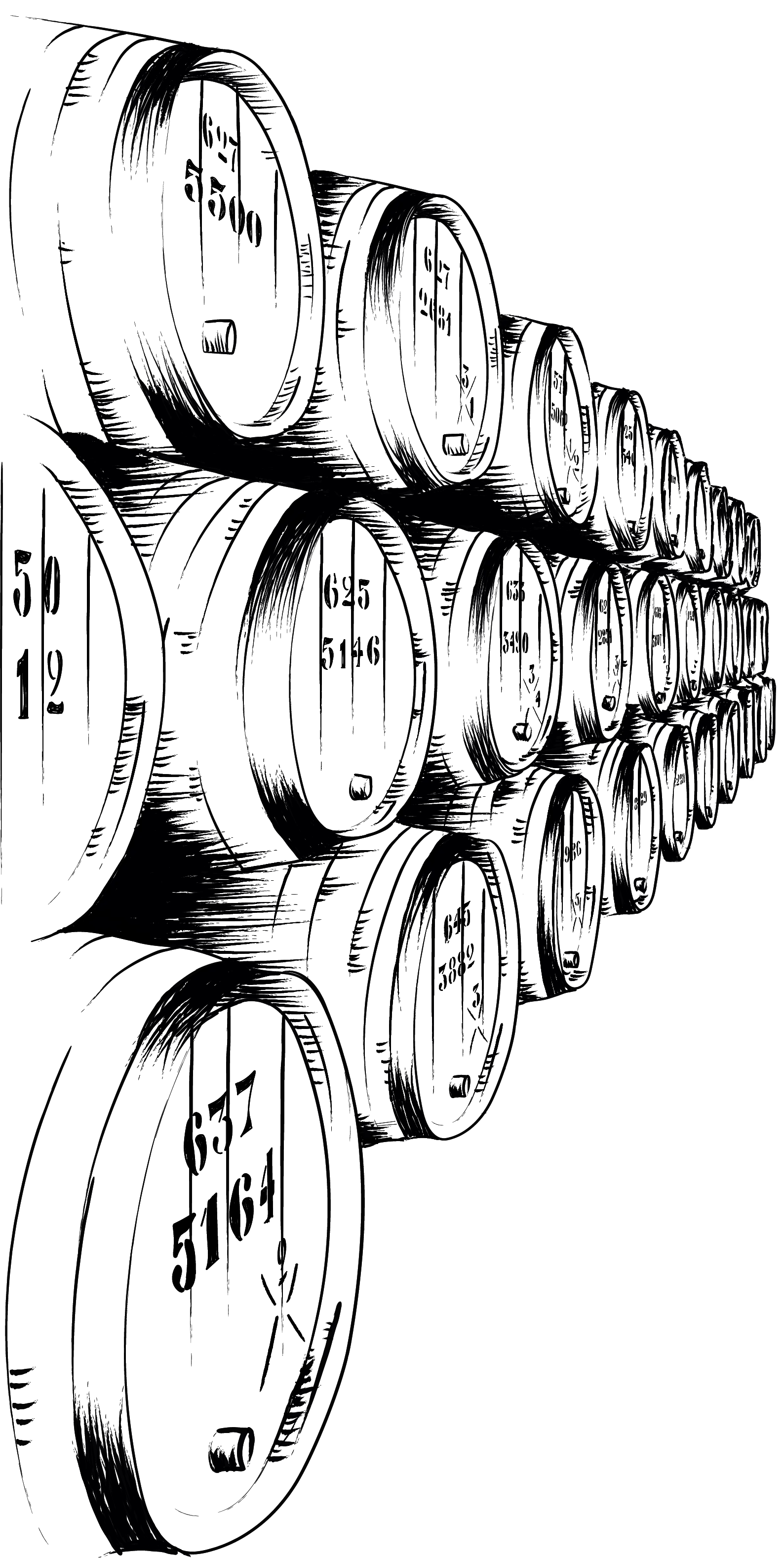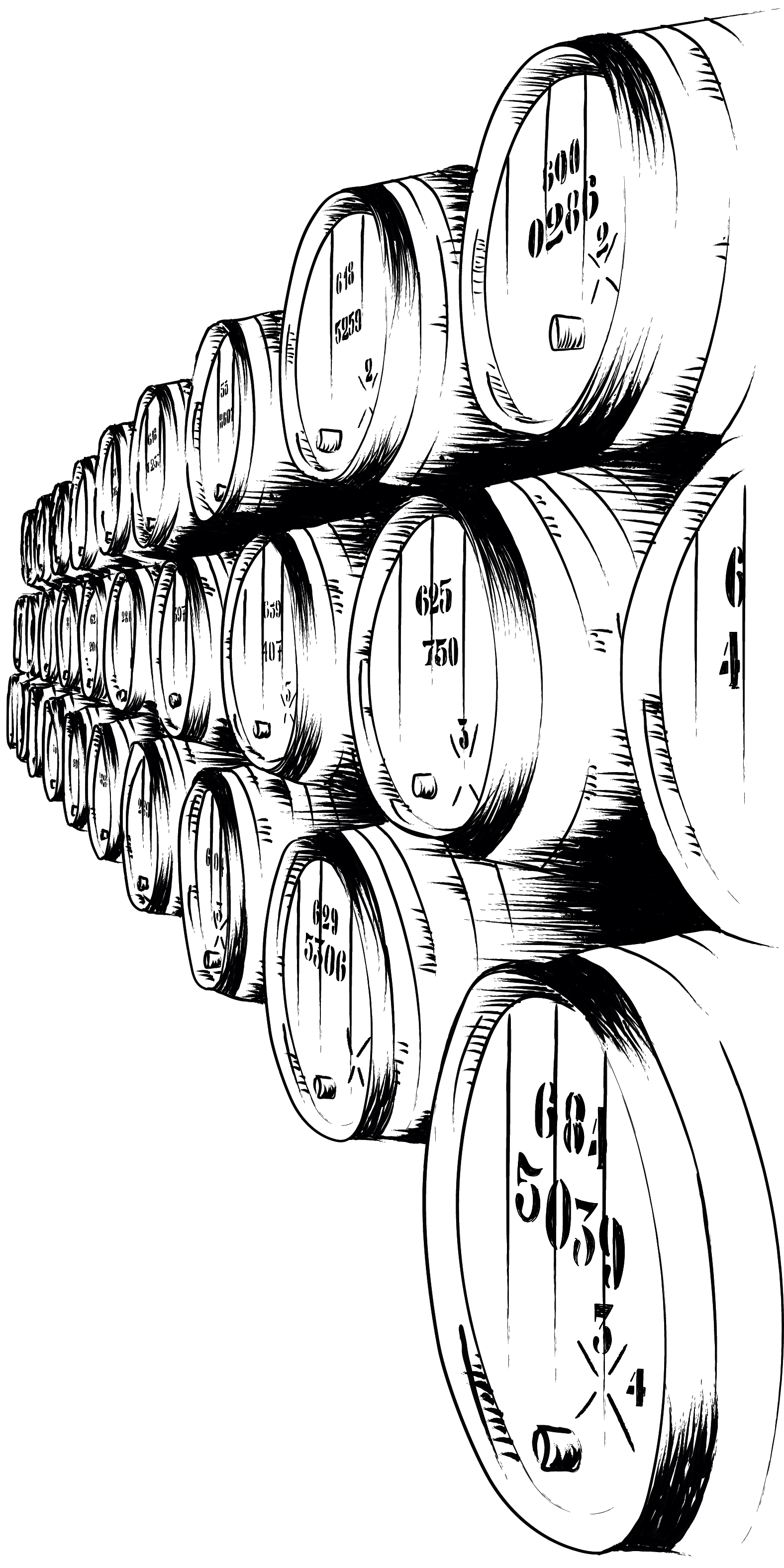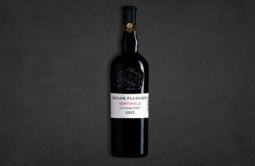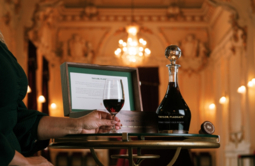Yeast
Yeasts are single celled micro-organisms which transform grape juice into wine by metabolising the sugar into alcohol. This process is known as fermentation. In the production of most wines, the fermentation is allowed to continue until the yeasts have converted all the sugar in the grape juice into alcohol. A wine made in this way is said to be 'dry', meaning that it contains little or no sugar. In Port wine production, however, brandy is added to the wine before the fermentation has finished. The addition of brandy raises the alcoholic strength of the wine, killing the yeasts and bringing fermentation to an end before all of the natural sugar of the grape juice has been converted into alcohol. This is why Port is relatively sweet.


discover more



